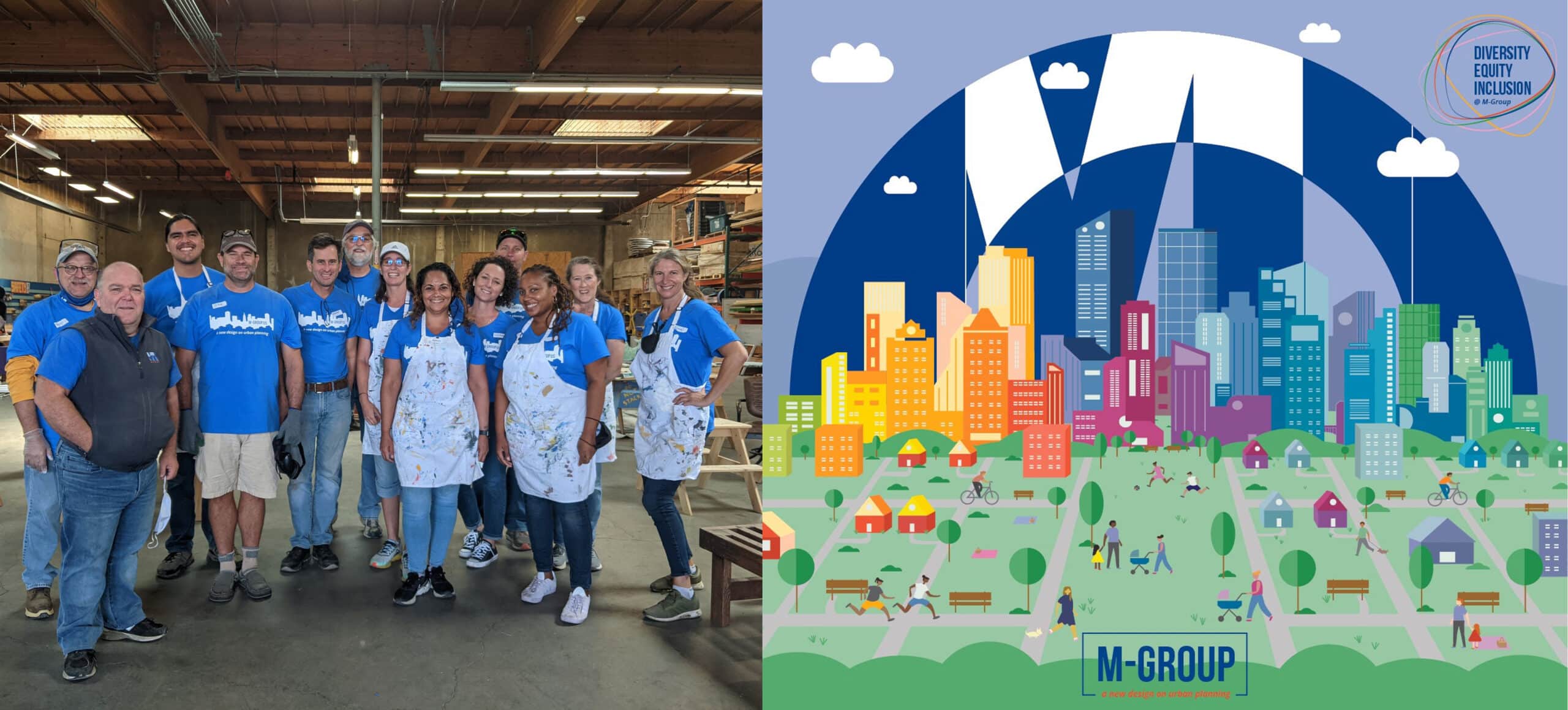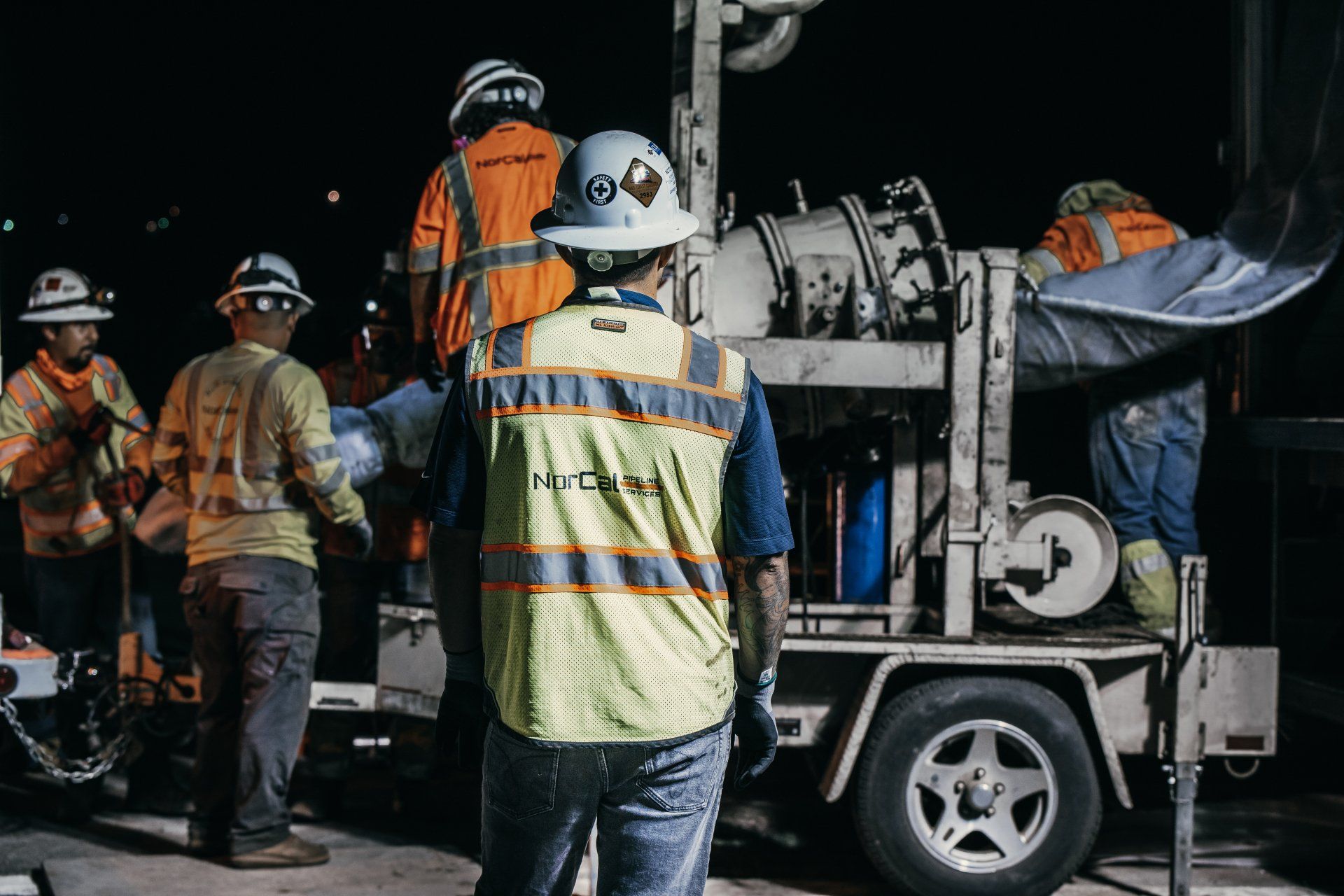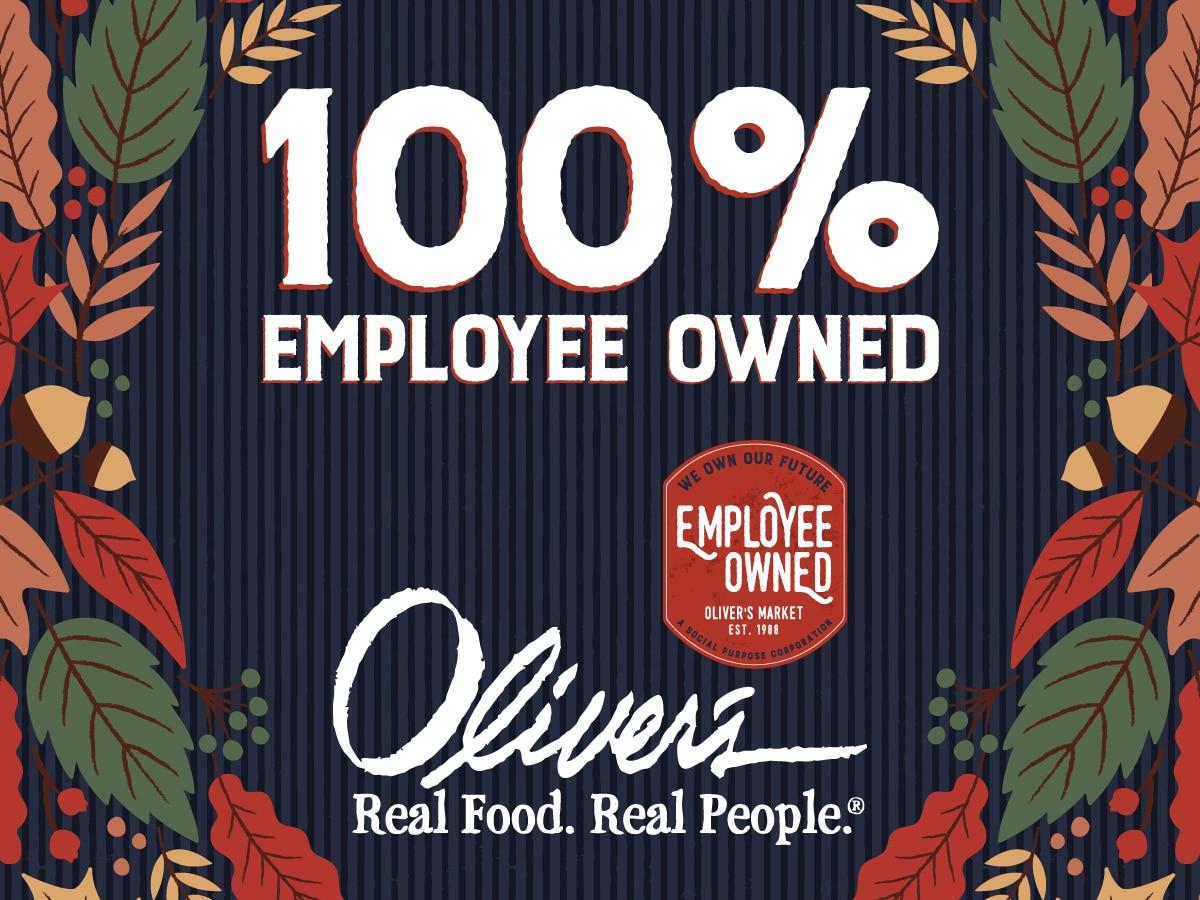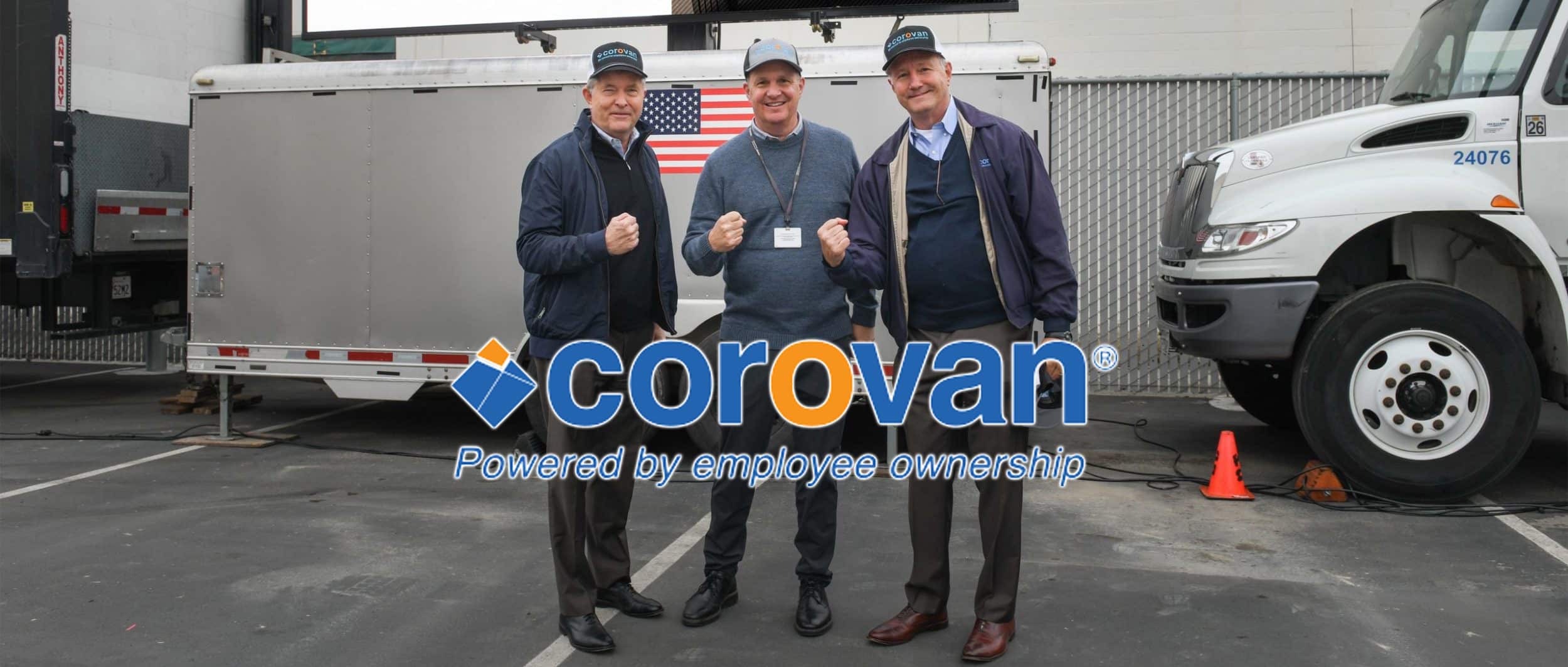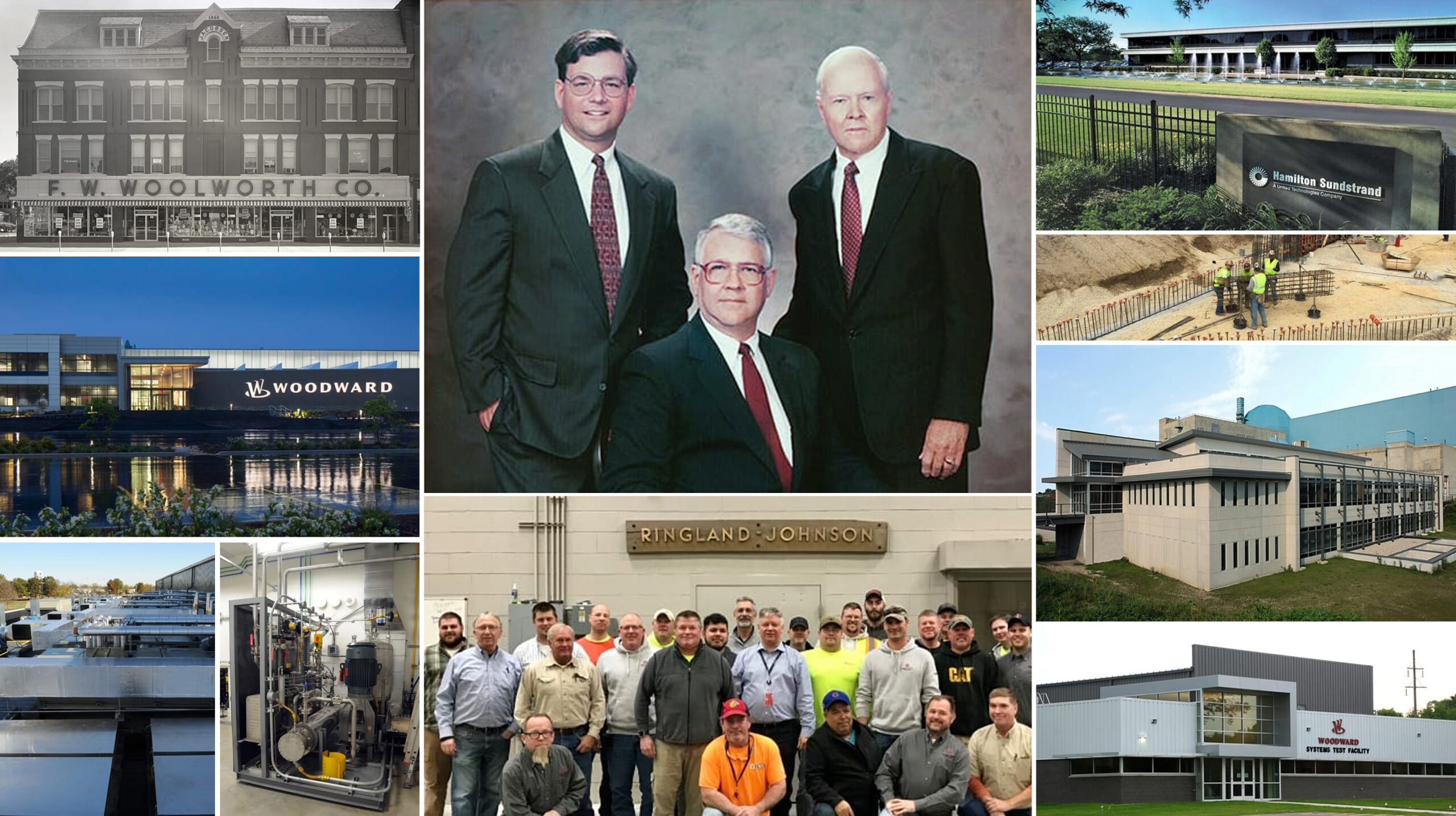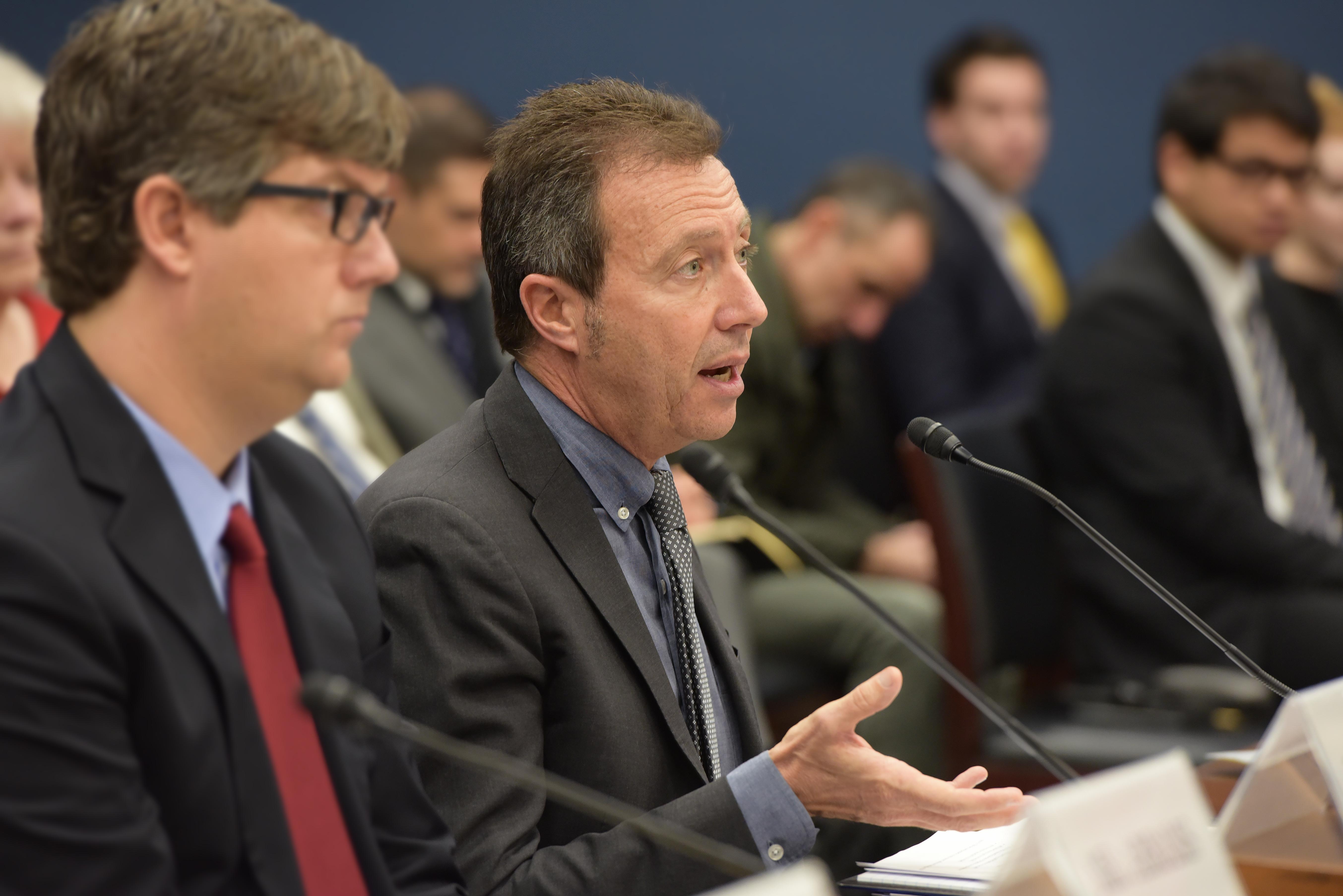
President and CEO of Folience, Daniel Goldstein, testifies about the Challenges and Benefits of Employee-owned Small Businesses
This mass retirement, known as the silver tsunami, represents the largest generational transfer of wealth in American history. However, many of those business owners do not have a clear transition strategy in place, meaning they could have to simply shut down or sell their businesses to competitors—both options that would lead to enormous job losses.
In many cases, those business owners could sell to an ESOP, which would keep their companies intact, protect their employees’ jobs, and ensure that the companies’ continued success translates into retirement savings for their workers. But fear of running afoul of the Department of Labor is a powerful thing.
In the 45 years since the passage of the 1974 ERISA legislation co-authored by John Menke, the DOL has not yet finalized its proposed regulations governing crucial elements of ESOP formation and administration. This uncertainty has the effect of scaring away business owners who would otherwise want to sell to an ESOP. They worry that something they do in all good faith today in the pursuit of passing their company to their employees could make them the subject of a DOL inquiry later on, should the rules or the DOL’s interpretations suddenly change.
“Average employees pay the price when business owners turn away from forming ESOPs because DOL hasn’t done its job,” Goldstein said in his testimony. “Fear of making a misstep because DOL has not given guidance costs average employees wealth and job security.”
Goldstein asked the committee to press the Department of Labor to complete its ESOP rulemaking. He also asked them to ensure the Small Business Association upholds the mandates of the Main Street Employee Ownership Act, which was explicitly passed to address the mass retirement of baby boomer business owners, including “streamlining the ESOP loan process and working to promote employee ownership.”
Encouragingly, Goldstein’s testimony appeared to be well received by the committee. Committee Chairwoman Nydia Velazquez (D-NY), the sponsor of the Main Street Employee Ownership Act, promised to hold the DOL to task.
We are living in divided times, when it often seems like the left and right can agree on nothing. Employee ownership is one of the rare issues that brings people from all sides together. ESOPs benefit CEOs and workers alike; they offer lucrative exit options for business owners who, in some cases, may not have one, and they build retirement savings for workers at a time when retirement savings are vanishingly rare. They save jobs, keep small businesses intact, and keep them local—all things that people from all sides of the political spectrum can proudly get behind.
That bipartisan support for ESOPs was evident in the Small Business Committee’s hearing, but is perhaps best exemplified by the introduction just one day earlier of the ESOP Fairness Act (S.3270) (H.R.5851) by Senators Thom Tillis (R-NC) and Gary Peters (D-MI) and Representatives Mike Kelly (R-PA-16) and Brian Higgins (D-NY-26).
The ESOP Fairness Act would update the definition of an “established securities market” to allow smaller public companies, like those traded on the OTCQX Best Market, to be able to implement ESOPs based on their market pricing. Currently, public companies must be traded on a national securities exchange such as Nasdaq in order to qualify to set up a market-priced ESOP.
Menke & Associates will be closely monitoring all the developments in federal ESOP regulation in order to continue providing our clients with the best guidance possible. If you are interested in the difference a Menke ESOP can make for your business, contact us today.
Menke & Associates, Inc. has helped over 3,500 companies successfully transition to employee ownership. Our holistic ESOP approach enables a positive outcome for the company, its employees and its shareholders. We believe ownership is powerful.



